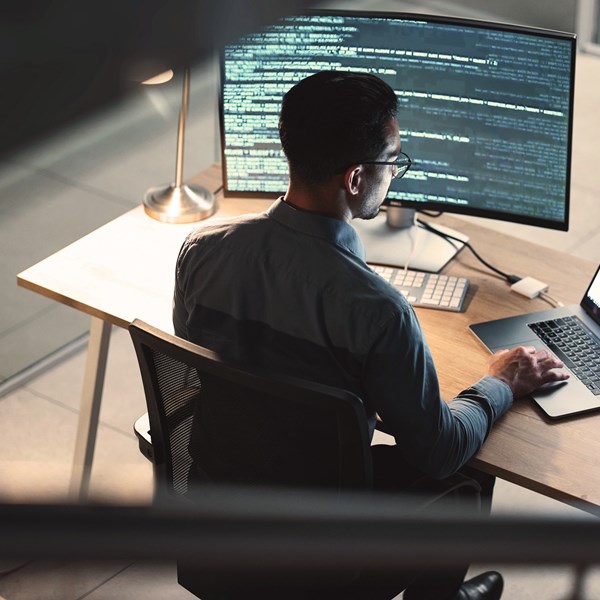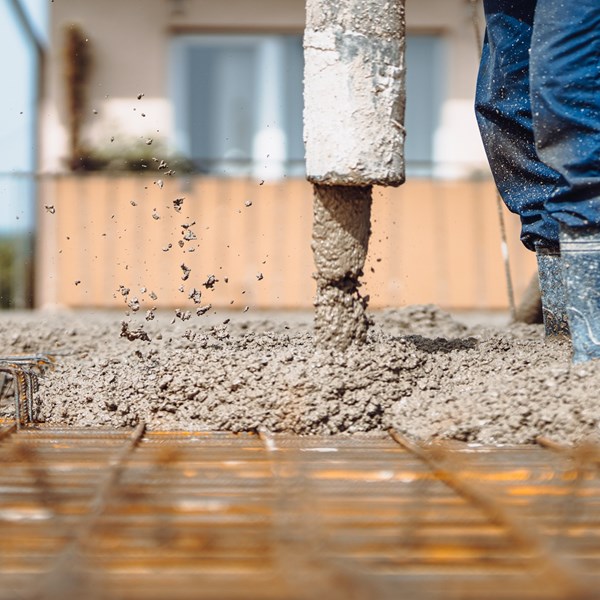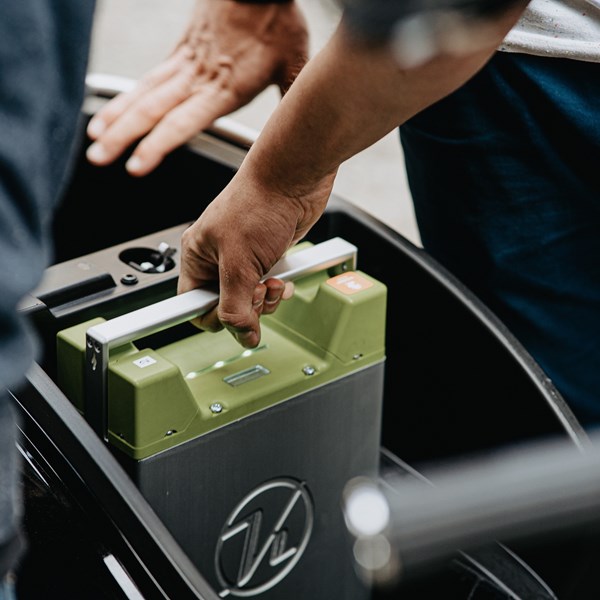Following substantial disruption to oral proceedings in the early stages of the Covid-19 pandemic, the European Patent Office (EPO) moved to make oral proceedings by video conference the default option before the Boards of Appeal, by introducing a new provision allowing such proceedings whenever the Boards considered it “appropriate to do so”.
The referral to the Enlarged Board of Appeal in G 1/21 was made in an interlocutory Technical Board of Appeal decision in T 1807/15, where oral proceedings took place by video conference without the consent of both parties. The Technical Board made the referral following a request from the appellant, questioning the legality of oral proceedings by video conference in such circumstances.
BACKGROUND
This case touches on a fundamental feature of the European Patent Convention (EPC) - the right to oral proceedings - as set out in Article 116 EPC.
The referred question was “Is the conduct of oral proceedings in the form of a video conference compatible with the right to oral proceedings as enshrined in Article 116(1) EPC if not all of the parties to the proceedings have given their consent to the conduct of oral proceedings in the form of a video conference?”.
Therefore, the key issues that needed to be decided were:
- whether video conference oral proceedings are compatible with the right to oral proceedings; and
- whether the right to oral proceedings should be interpreted as guaranteeing the right to in-person proceedings?
The case has garnered a lot of attention from interested parties. Over 45 “amicus curiae” briefs were submitted offering insights and opinions on the referred question. It was important that the Enlarged Board reached a decision that maintained the quality of EPO decisions, but that kept the backlog of cases amassed during the pandemic to a minimum.
THE FACTS AND ARGUMENTS
The substantive hearing was held by video conference on 2 July 2021, during which the appellant argued in favour of the right to hold oral proceedings in person. Their arguments centred around the principle that, as the EPC does not specifically allow for video conference proceedings, then they must not be allowed. This line of argument relied on convincing the Enlarged Board that the EPC is a codified system of law (which is more common in continental European legal systems, such as Germany), where judicial interpretation should not impact on the original meaning of the legal provisions.
The representatives of the EPO President argued on the other hand that video conference proceedings are compatible with the EPC. They argued that the EPC should be interpreted with the available technology of the day in mind (i.e. the reliable and widely available video conferencing platforms available in the 2020s that can replace in-person meetings), rather than that available when the EPC was written in 1973. They also highlighted the success of holding hundreds of hearings by video conference over the past year, and the apparently overwhelmingly positive feedback from parties who have taken part.
JUDGMENT
In a press release announcing the decision, the Enlarged Board of Appeal ruled that oral proceedings before the Boards of Appeal can, during a period of general emergency impairing the parties' possibilities to attend in-person oral proceedings at the EPO premises, be held by video conference even without the consent of the parties.
The comments released by the Enlarged Board do not provide detail on:
- whether video conference oral proceedings can be held before the Boards of Appeal without the consent of all parties in the absence of a general emergency; and
- what constitutes the end of a period of “general emergency”.
We await the full written decision in the hope it will provide clarity on these points.
The Enlarged Board did not provide a “yes” or “no” answer to the referred question, and instead opted for a middle ground. Whilst we do not know the reason for this, technical difficulties on the part of the EPO during the hearing itself could suggest that further refinement of video conferencing technology or its implementation is still needed before the answer is “yes”.
IMPLICATIONS
Whilst we do not yet have the full written decision from the Enlarged Board, it is clear that the EPO intends to continue its current practice of holding oral proceedings before the Boards of Appeal by video conference where possible. This is likely to continue whilst travel restrictions remain in place across many Contracting States.
This decision does not apply to first instance oral proceedings before the examination and opposition divisions. Current pilot schemes to hold such first instance oral proceedings by video conference (unless there are serious reasons not to do so) will continue at least until 31 January 2022. Where there are such reasons for not using video conferencing, oral proceedings will be postponed until after that date.
Indeed, as the pandemic recedes and other considerations, particularly the environmental impacts of business travel, are brought to the fore, the political will to make oral proceedings by video conference mandatory except in exceptional circumstances seems likely to increase.
We do not have any information on the criteria for being, or not being, in a situation of “general emergency”. In the context of the Covid-19 pandemic, it is not clear the extent to which differing situations across the Contracting States will be taken into account in assessing whether there is a “general emergency”.
It was mentioned at the hearing that the EPO would try to take the wishes of parties into account when deciding the format of proceedings. Therefore, if oral proceedings before the Boards of Appeal are scheduled to be held by video conference, it may still be possible to request postponement until the hearing can be held in person.
The EPO’s reaction to such a request following the G 1/21 decision has yet to be tested. However, following the decision in G 1/21, the appellant in the underlying appeal case has filed a further request for in-person oral proceedings to decide upon the substantive patentability issues, and it will be interesting to see if this is granted.






